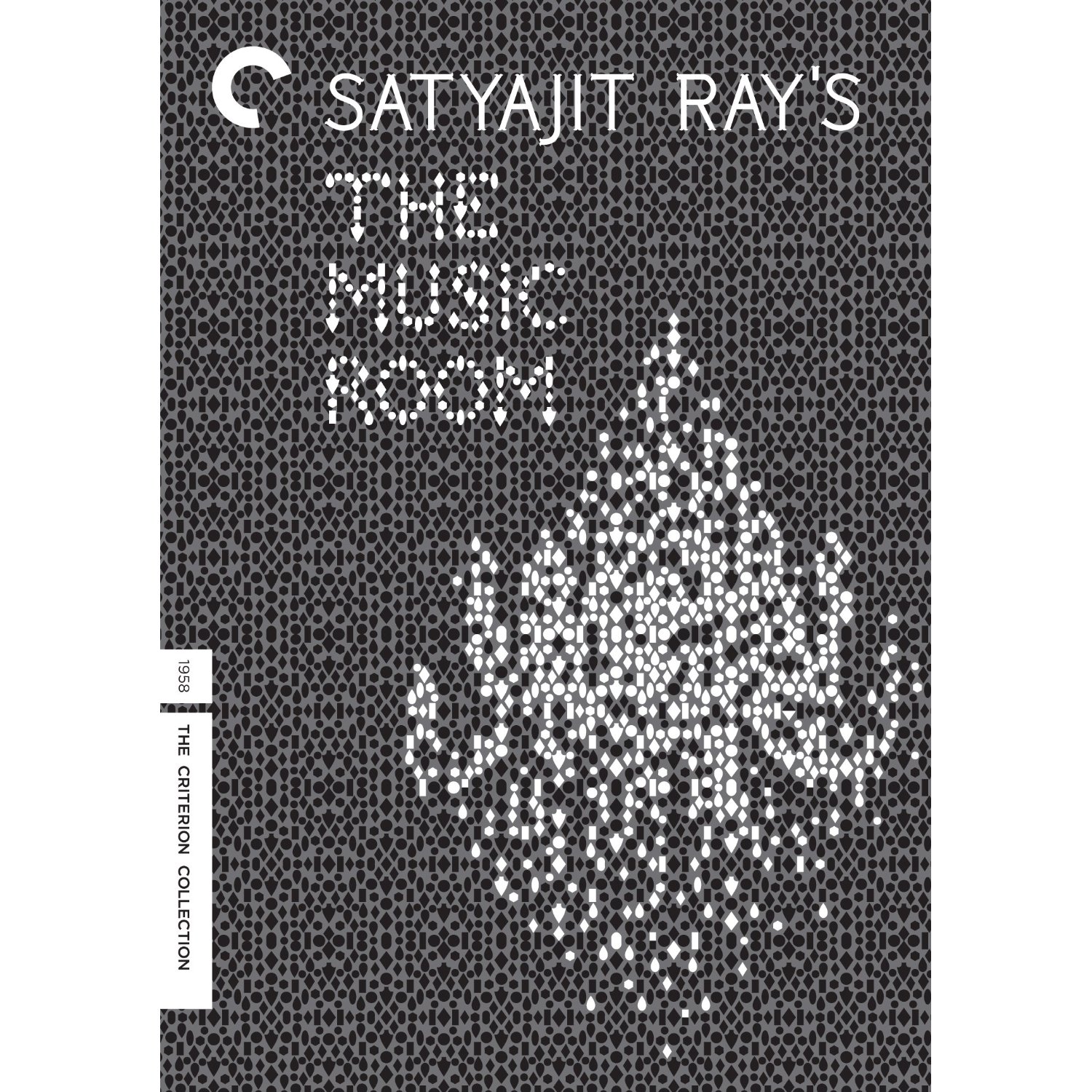The Zamindars were the feudal lords of India, aristocrats who owned huge tracts of land and collected taxes
from the peasantry. They were also often philanthropists and cultural patrons, using their wealth to acquire art to enjoy and distinguish themselves. Huzur, the tragic protagonist of The Music Room, Satyajit Ray’s 1958 masterpiece, is passionate about music; he hosts extravagant performances in the titular room to impress everyone he invites. But he also uses it to distract and escape from his receding place in history. The music room eventually becomes a narcotic that anesthetizes him against the loss of his land, his wealth, and his family.
The Music Room tells the last days of Huzur (Chhabi Biswas), a fading Zamindar in 1920s Bengal. His lands are slowly giving way to the river, his once great estate is crumbling, and a prosperous moneylender is steadily usurping his place in local society. The film begins with Huzur sitting in a chair, looking nearly catatonic. He doesn’t know the day or month, and can barely muster interest for anything other than his hookah. He speaks only with his faithful servant Ananta (Kali Sarkar) and the manager of his estate (Tulsi Lahiri).
The movie alternates between these post-apocalyptic scenes and flashbacks to Huzur and his family. The flashbacks aren’t quite rosy; the estate is low on funds and the balance of power has already swung to Ganguly (Gangapada Basu), a local moneylender. Huzur is careless with what little cash that remains; he mortgages his wife’s gold to host a musical performance, to her muted disappointment. There is some genuine warmth in the flashbacks between Huzur, his wife (Padmadevi), and his son (Pinaki Sengupta). But as they’re only in the flashbacks, we know it won’t last, and the foreshadowed, inevitable tragedy becomes the fulcrum of the film.
The Music Room was made in Ray’s earliest, and arguably greatest, period. Between 1956 and 1959, he made Pather Panchali (Song of the Road), Aparjito (The Unvanquished), Apur Sansar (The World of Apu) and Jalshagar (The Music Room). The Music Room’s melancholic, nostalgic coda to India’s feudal era is in stark contrast to the Pather Panchali’s child’s-eye view of village life and beatific poverty.
Many viewers, especially if this is their first Ray film, may find it slow, although the film’s settled pace is appropriate and helps evoke the feeling of crumbling decay. And the patient viewer is rewarded with moments of understated beauty; a lone elephant lumbering across a dusty landscape, an ominous storm through a single window in the midst of a concert. Ray’s ability to convey his themes of loss and change through small and subtle choices, often in the background, encourages repeat viewings.
Ray wanted to make a film that showcased Indian song and dance in a more naturalistic way (as opposed to the song-and-dance productions that dominated the Indian movie scene at the time), and took great pains to make certain that the music features were good. Huzur’s obsession with music is not only the thematic core of the film; it informs much of its pleasures. The score was by Vilayat Khan (who, as a beneficiary of a zamindari household himself, actually provided a more respectful accompaniment than Ray originally wanted). All of the showcase jalshagar performances are worth watching, but the finale with kathak dancer Krishnabai (Roshan Kumari) is truly spectacular. Its beauty comes close to justifying Huzur’s frustrating senescence.
The new digital restoration looks very good. While the film still has a faded look, it’s far more sharp and immediate than the VHS versions I’ve seen, to say nothing of the sub-standard DVD ports that were available before. The subtitles have been recreated and are crisp and legible.
Criterion’s characteristic generosity with features is present here; in additional to the digital restoration, there are interviews with Ray’s biographer Andrew Robinson, contemporary filmmaker Mira Nair, a critics roundtable discussion, and Shyam Benegal’s 1984 feature length documentary, Satyajit Ray. ■
Razeeb Hossain is a writer living in Jersey City, New Jersey


Very well written review, no less enchanting than the movie itself!
Comments are closed.